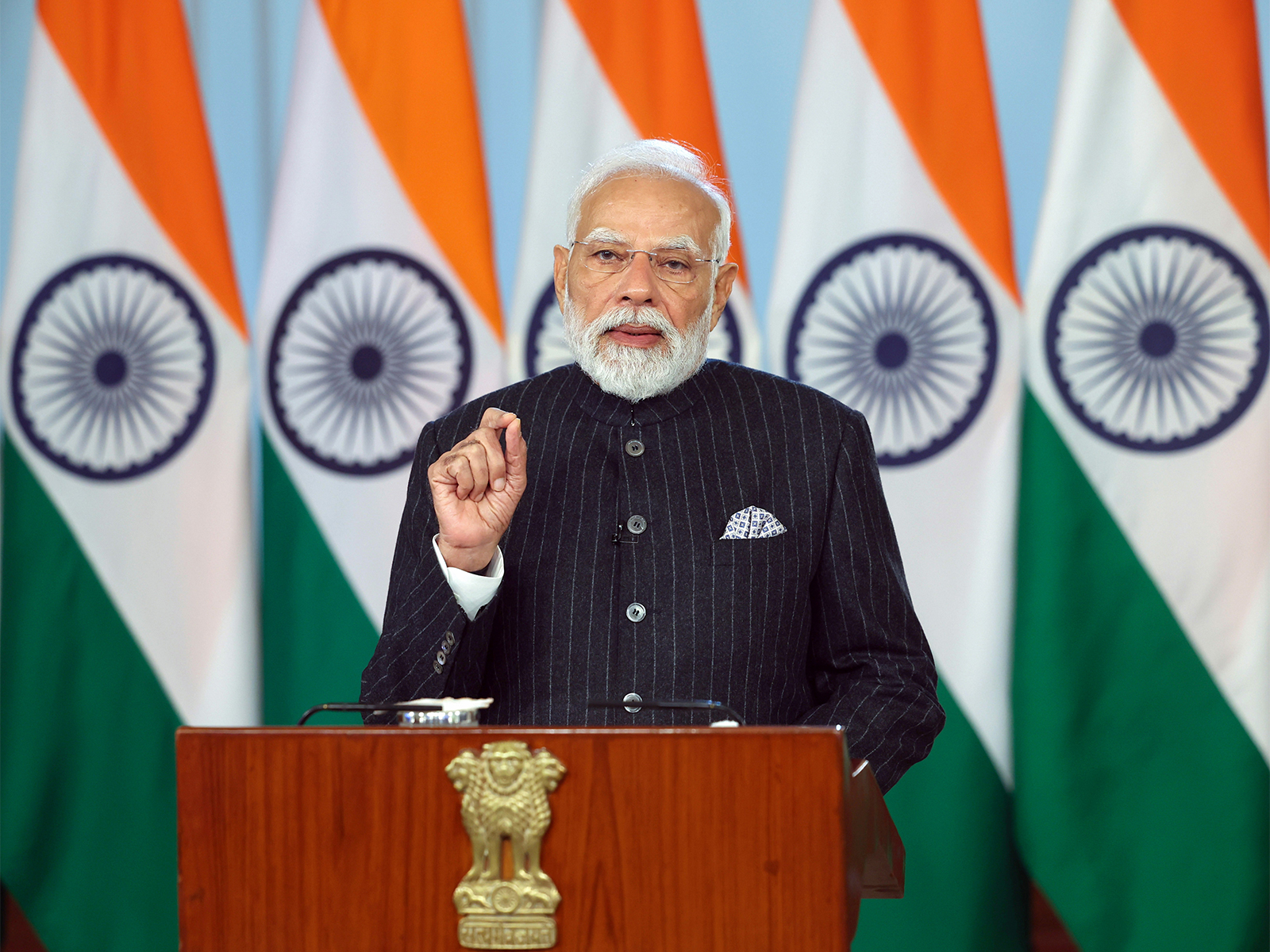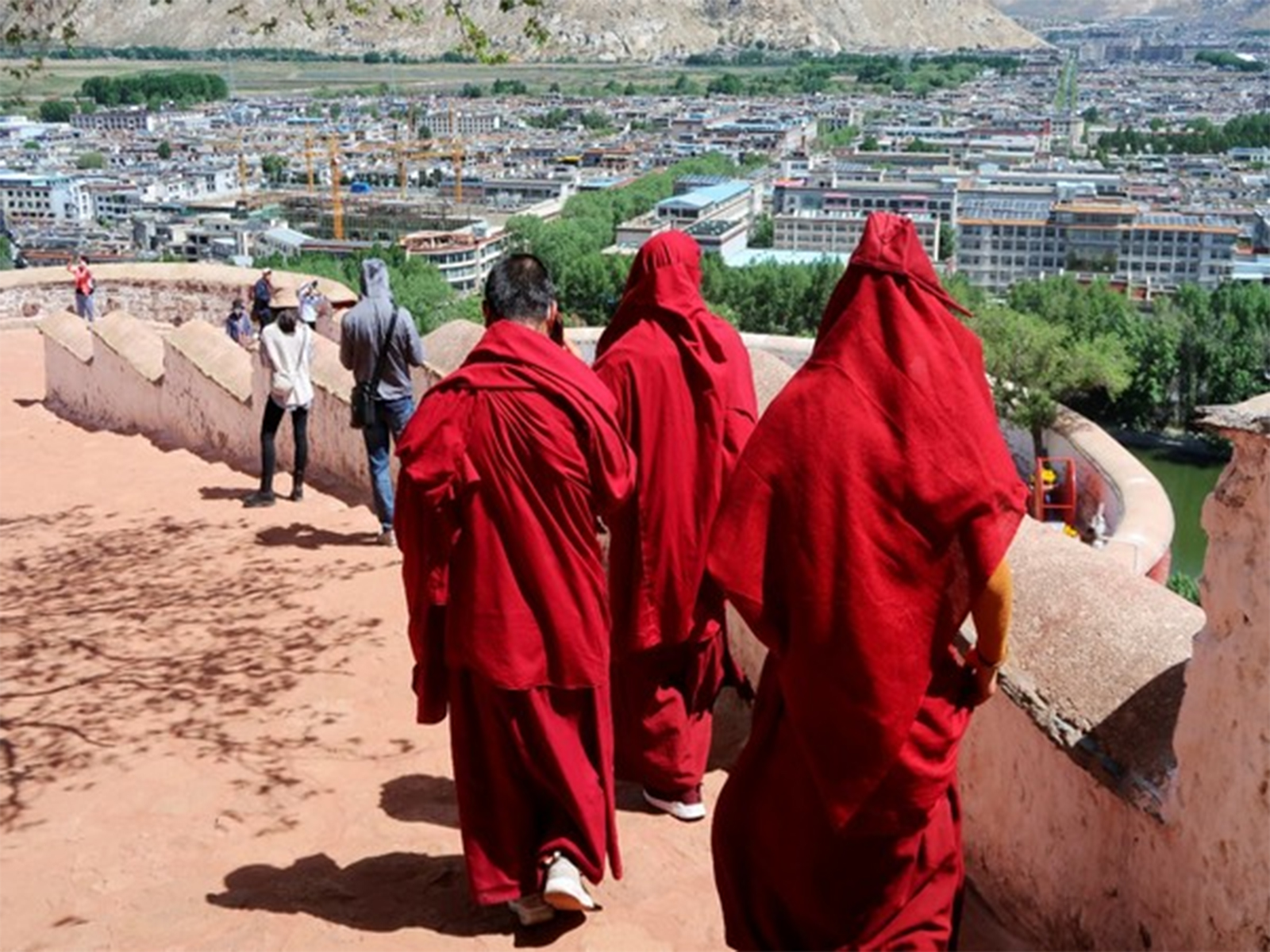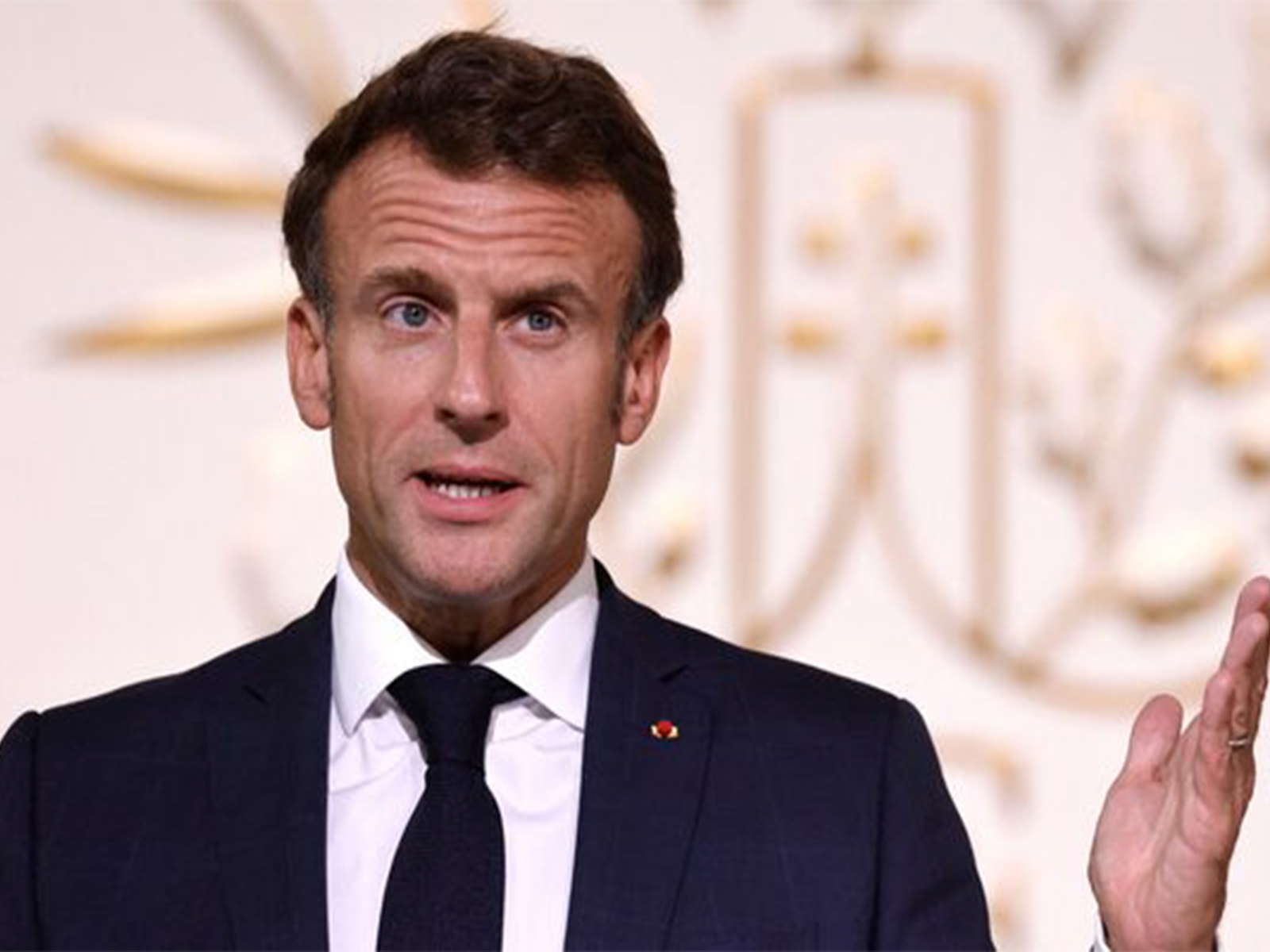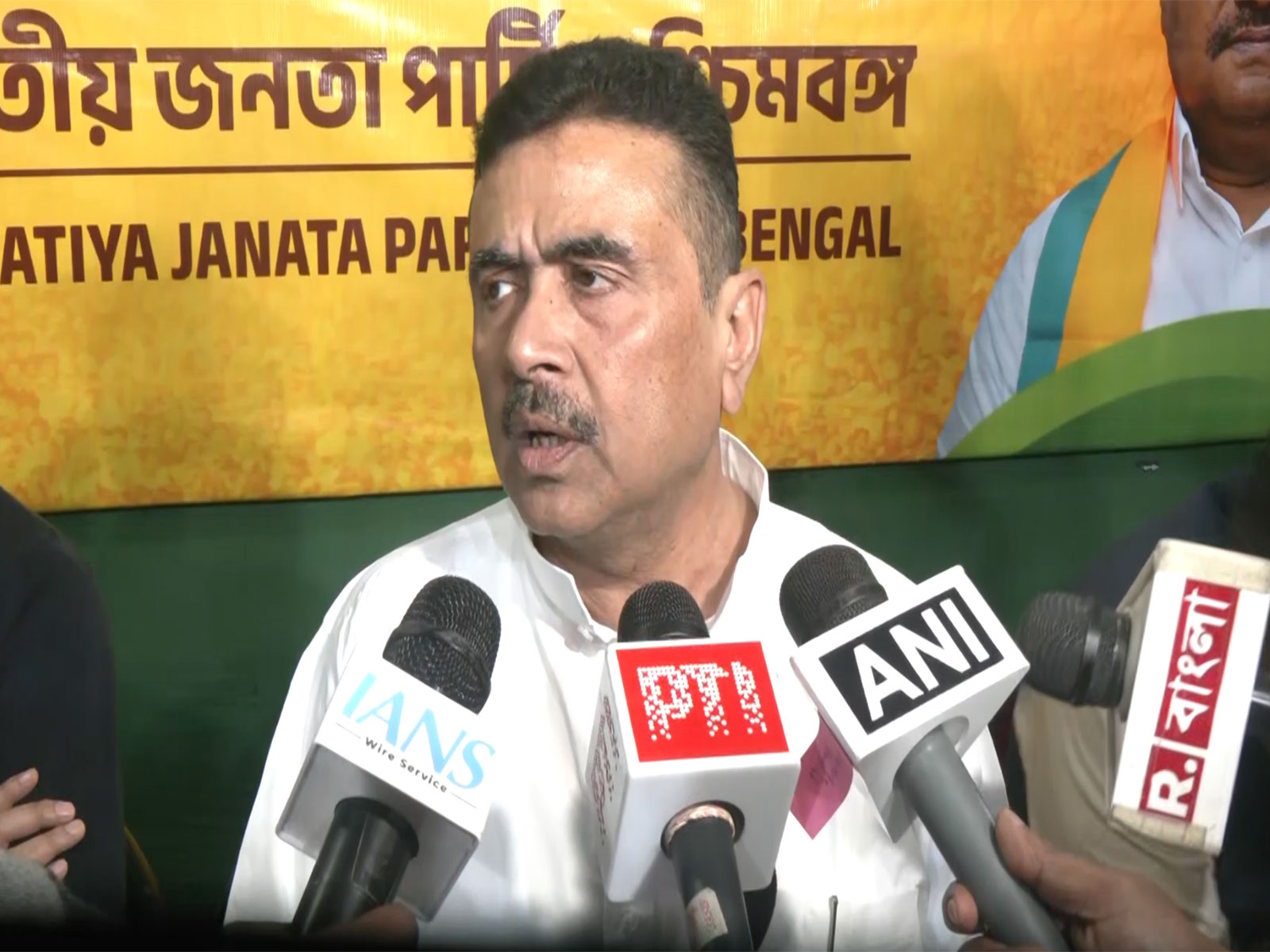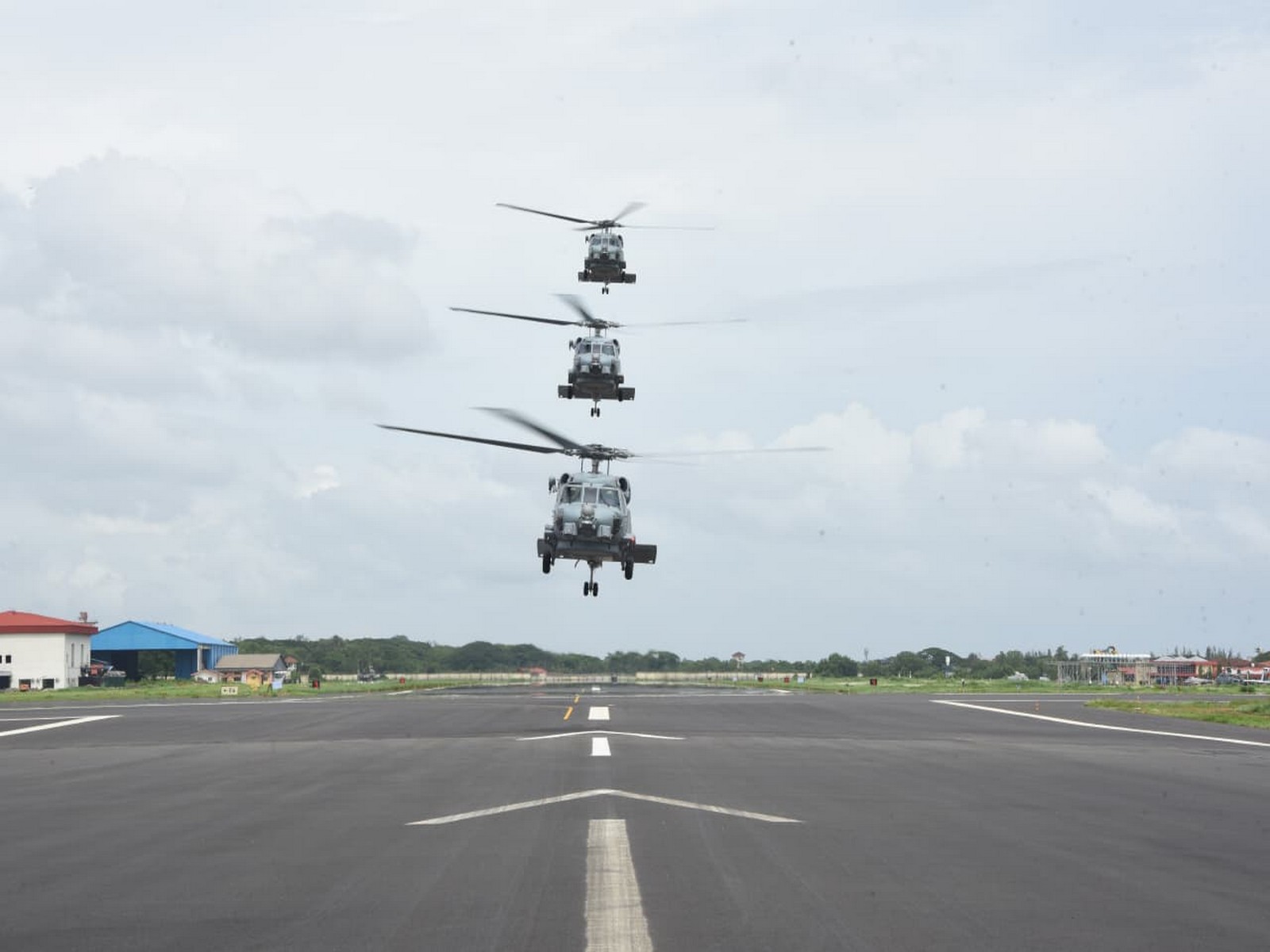UKPNP leader highlights historical injustices in PoJK, seeks global intervention
Oct 23, 2024

Brussels [Belgium] October 23, : Jamil Maqsood, President of the Foreign Affairs Committee of the United Kashmir People's National Party (UKPNP), delivered a powerful condemnation of Pakistan's military incursion into Jammu and Kashmir on October 22, 1947, during an event organized by UKPNP-Belgium.
The event, presided over by Aqeel Ahmed and moderated by Abdul Basit, featured Maqsood as the Chief Guest, where he provided an in-depth historical analysis of the events surrounding the incursion.
Maqsood began by outlining the historical context leading to the invasion, highlighting how armed tribal militias, allegedly backed by the Pakistani military, crossed into the princely state of Jammu and Kashmir with the intent to forcibly annex the region to Pakistan following the partition of British India. This incursion sparked the first India-Pakistan war and resulted in the ongoing division of Jammu and Kashmir.
Jamil discussed the lasting consequences of this aggression, noting that the Line of Control now stands as one of the world's most militarized borders, inflicting significant suffering on the local population. He also criticized Pakistan's administration in the regions it controls, specifically Pakistan-occupied Jammu & Kashmir (PoJK) and Gilgit-Baltistan (PoGB), challenging the term "Azad" Jammu and Kashmir as a misnomer due to the lack of genuine autonomy or self-governance.
He argued that the political framework governing PoJK is heavily influenced by Islamabad, leaving local leaders with little power to make independent decisions. Maqsood expressed concern over the disenfranchisement of the residents of PoGB, who lack representation in the Pakistani Parliament, resulting in the neglect of their fundamental rights.
Maqsood concluded by reaffirming the UKPNP's commitment to advocating for the reunification of all parts of Jammu and Kashmir and calling for an end to the region's militarization. He emphasized the need for a peaceful resolution to the conflict that honors the aspirations of the Kashmiri people and rejected any externally imposed solutions.
He urged the international community to recognize the historical injustices faced by the residents of PoJK and to press Pakistan for genuine autonomy in the regions under its control, advocating for true political empowerment and self-governance for their inhabitants.
